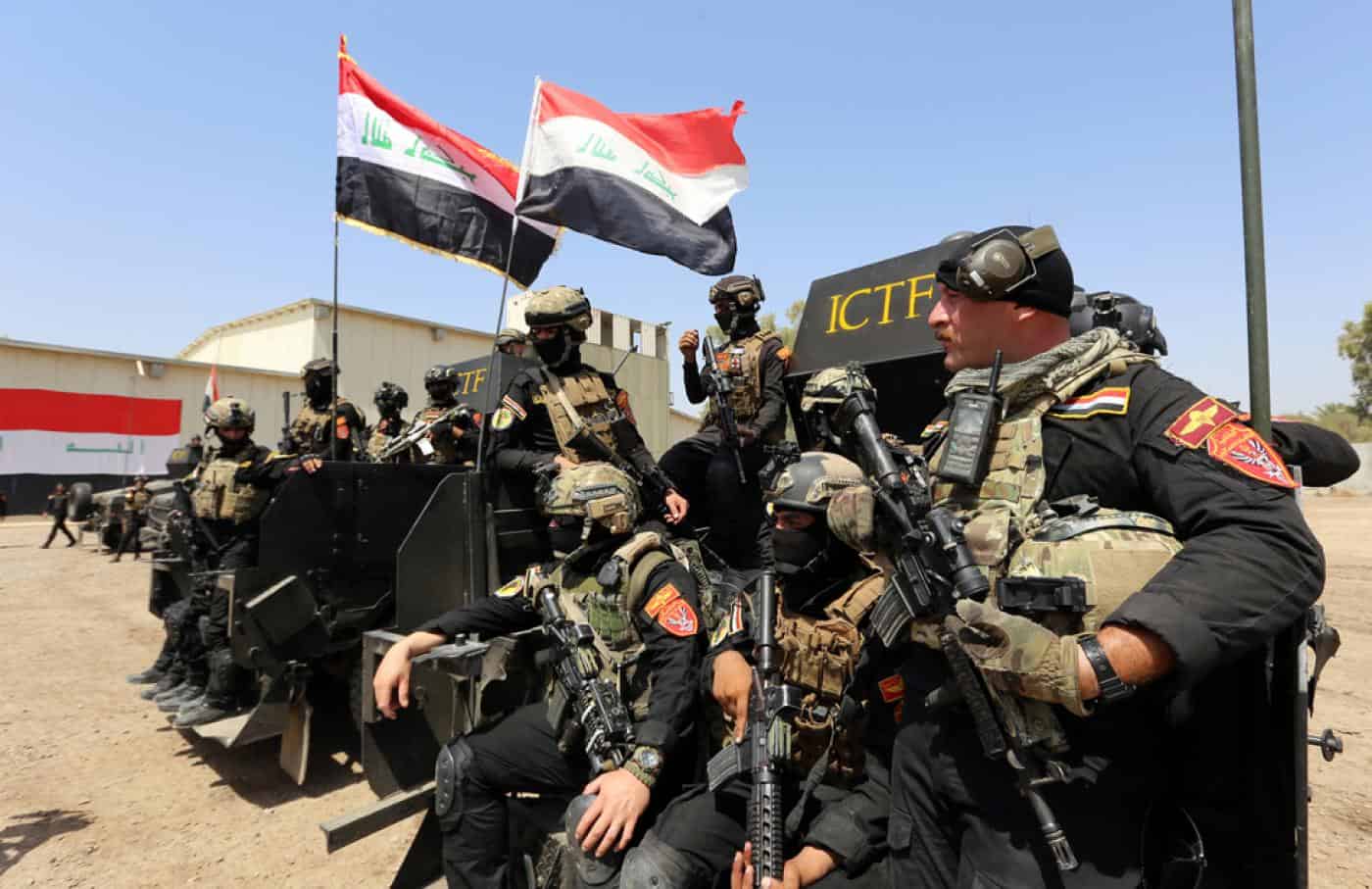Tehran, Iran – Iran on Monday warned Iraq that it would take action if Baghdad does not honor its commitment by mid-September of disarming Iranian Kurdish rebel groups on its territory.
“According to a deal reached between the Iranian and Iraqi governments, the Iraqi government has pledged to disarm armed terrorist groups in Iraq by September 19,” Iran’s foreign ministry spokesman Nasser Kanani told a news conference.
“The September 19 deadline will under no circumstances be extended,” Kanani said.
“After this deadline, if Iraq fails to meet its commitments, the Iranian government will assume its responsibility, in order to ensure the country’s security.”
Kanani said that Baghdad had agreed to evacuate the groups from their bases and “transfer them to camps provided by the Iraqi government” under the deal.
The autonomous Kurdistan region of northern Iraq hosts camps and rear-bases operated by several Iranian Kurdish factions, which Iran accuses of serving Western or Israeli interests.
In March Iran and Iraq signed a deal to protect their common border, and the following month Iranian President Ebrahim Raisi acknowledged the “security” agreement saying “the security of Iraq and its borders is very important to us”.
Iran has launched in the past years numerous attacks on Kurdish opposition groups exiled for decades in northern Iraq.
Tehran uses the words “separatist groups” to describe Kurdish factions opposed to the Iranian government, and considers them to be “terrorist” organizations.
In May, Iran summoned the Iraqi ambassador over the presence of members of these factions at an official ceremony in the Kurdish region.
Tehran accuses the factions of importing arms into the Islamic republic from Iraq and of fomenting last year’s protests that erupted after the death in custody of Iranian-Kurd Mahsa Amini.
Iraq has since late last year deployed forces at the shared border between the two countries in a bid to calm tensions.
In mid-July the Iraqi interior ministry announced the deployment of a brigade in coordination with Kurdish authorities, the state-owned Iraq News Agency said at the time.
Baghdad allocated some $7 million for the construction of new border posts to prevent illicit movement across the border, it added.








